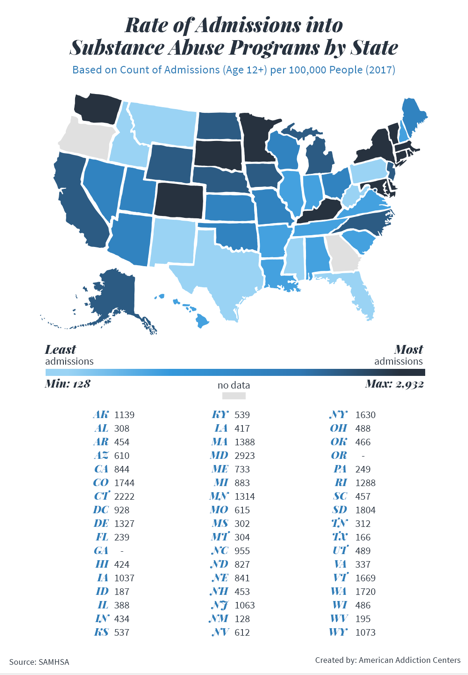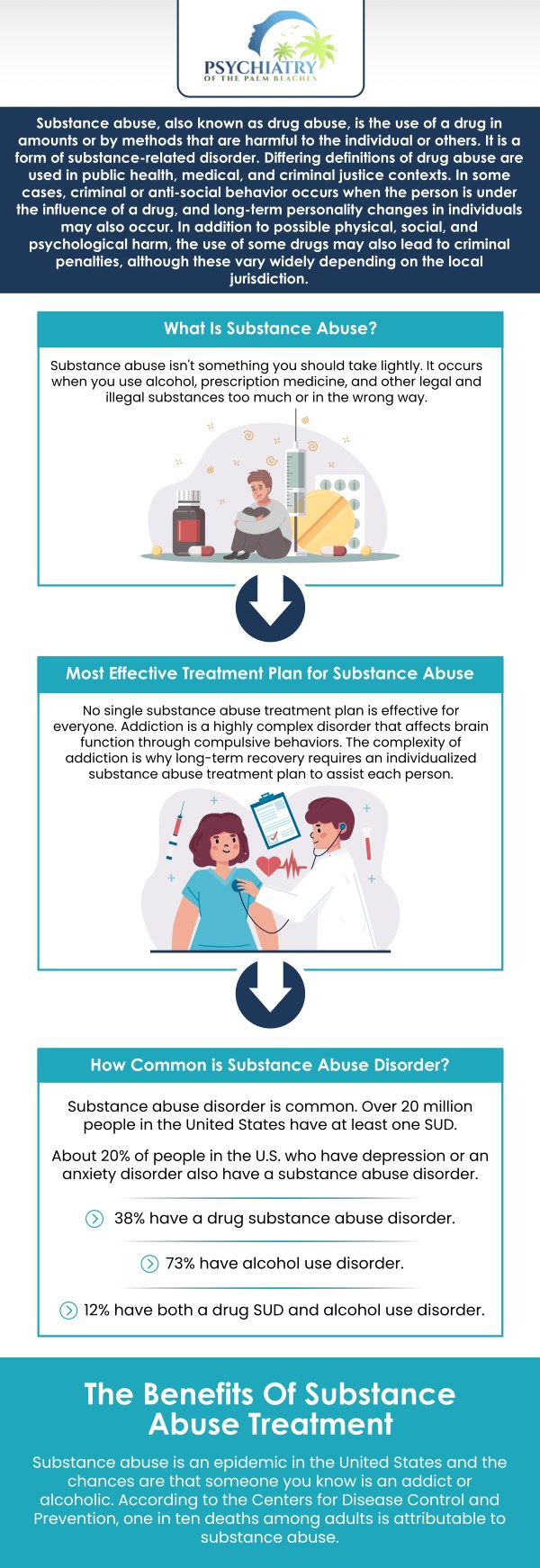Why people choose rehab near Chester NJ for accessible services
Wiki Article
Understanding Drug Abuse Rehabilitation: A Course Toward Healing and Recuperation
Chemical abuse rehabilitation is more than simply a location to quit utilizing medications or alcohol-- it is a transformative journey that helps people reconstruct their lives, restore their psychological health and wellness, and rediscover function. Addiction affects not just the body however likewise the mind and emotions, usually leaving people feeling powerless and entraped. Rehab centers give an organized, compassionate setting where individuals can break devoid of the chains of addiction and recover. With therapy, treatment, and emotional assistance, rehab assists clients regain control of their lives one action at a time.The Origin Causes of Dependency: Comprehending Why People Obtain Addicted
 Dependency hardly ever takes place in seclusion. It is the outcome of a complicated mix of biological, psychological, and social elements. For some, genes contribute-- particular individuals may be much more predisposed to dependency as a result of acquired characteristics that influence how their mind replies to compounds. Others turn to drugs or alcohol as a means to manage emotional pain, stress and anxiety, or injury. When life feels overwhelming or excruciating, substances can give a short-lived getaway, numbing pain or creating a false feeling of relief. In time, however, that alleviation ends up being dependence, and dependancy progresses into dependency.
Dependency hardly ever takes place in seclusion. It is the outcome of a complicated mix of biological, psychological, and social elements. For some, genes contribute-- particular individuals may be much more predisposed to dependency as a result of acquired characteristics that influence how their mind replies to compounds. Others turn to drugs or alcohol as a means to manage emotional pain, stress and anxiety, or injury. When life feels overwhelming or excruciating, substances can give a short-lived getaway, numbing pain or creating a false feeling of relief. In time, however, that alleviation ends up being dependence, and dependancy progresses into dependency.Environmental factors additionally dramatically add to material abuse. Growing up in a home where medicine or alcohol use is stabilized boosts the chance of creating addicting behaviors later on in life. Peer stress, particularly throughout adolescence, can also press people towards testing with drugs or alcohol. Furthermore, exposure to chronic stress and anxiety, monetary struggles, or unstable relationships can make individuals more susceptible to seeking compounds as a coping device. In a lot of cases, individuals do not begin utilizing drugs to become addicted-- they do it to feel better, escape reality, or acquire control over their feelings.
 Psychological health problems are another major consider dependency development. Conditions such as anxiousness, clinical depression, PTSD, and bipolar illness often coexist with compound abuse, producing what is called a double medical diagnosis. People struggling with mental health and wellness obstacles might turn to medications or alcohol to self-medicate and relieve signs and symptoms. Sadly, compound use only gets worse these conditions with time, producing a damaging cycle that can be difficult to break. Understanding these source is important due to the fact that addiction therapy must address both the signs and symptoms and the underlying problems to achieve true healing.
Psychological health problems are another major consider dependency development. Conditions such as anxiousness, clinical depression, PTSD, and bipolar illness often coexist with compound abuse, producing what is called a double medical diagnosis. People struggling with mental health and wellness obstacles might turn to medications or alcohol to self-medicate and relieve signs and symptoms. Sadly, compound use only gets worse these conditions with time, producing a damaging cycle that can be difficult to break. Understanding these source is important due to the fact that addiction therapy must address both the signs and symptoms and the underlying problems to achieve true healing.How Rehabilitation Can Aid Individuals Rebuild Their Lives
Rehabilitation provides hope, framework, and healing for those fighting with dependency. The initial step in rehab frequently includes cleansing, where the body eliminates all traces of medications or alcohol. This stage is medically monitored to make certain safety and convenience as withdrawal signs and symptoms can be literally and psychologically tough. Doctor keep track of customers carefully, often making use of medication-assisted therapies to alleviate signs and symptoms and decrease yearnings. Detox establishes the structure for long-lasting healing, preparing people to engage in treatment and other elements of therapy with a clear mind.
 After detox, the focus moves to treatment and therapy. Cognitive-behavioral therapy (CBT), team therapy, and individually counseling sessions help individuals identify the ideas and habits that resulted in compound use. These therapeutic methods equip customers to establish healthy coping mechanisms, improve emotional policy, and rebuild self-worth. Rehabilitation centers additionally give all natural therapies such as art, reflection, yoga exercise, and music, which urge emotional expression and spiritual recovery. Through consistent therapy, clients discover that healing is not almost staying away from materials yet concerning changing their way of thinking and way of living.
After detox, the focus moves to treatment and therapy. Cognitive-behavioral therapy (CBT), team therapy, and individually counseling sessions help individuals identify the ideas and habits that resulted in compound use. These therapeutic methods equip customers to establish healthy coping mechanisms, improve emotional policy, and rebuild self-worth. Rehabilitation centers additionally give all natural therapies such as art, reflection, yoga exercise, and music, which urge emotional expression and spiritual recovery. Through consistent therapy, clients discover that healing is not almost staying away from materials yet concerning changing their way of thinking and way of living.Rehab also gives neighborhood-- a powerful element in healing. Many individuals who deal with dependency really feel isolated or misunderstood. In rehab, they are bordered by people who share comparable struggles and goals, fostering a feeling of belonging and responsibility. Group therapy sessions allow clients to share their experiences and motivate one another. The bonds developed in rehabilitation usually continue beyond treatment, becoming a vital part of long-lasting assistance networks. This environment of understanding and empathy can make the distinction in between relapse and continual healing.
Exploring the Different Types of Treatment basically Misuse Rehab
There are a number of kinds of treatment programs available basically abuse recovery, each developed to deal with different levels of addiction intensity and individual requirements. Inpatient rehabilitation programs are amongst the most extensive, giving 24/7 supervision and care in a domestic setting. Customers live at the facility for a number of weeks or months, submersing themselves in a distraction-free and organized environment that focuses entirely on healing. Inpatient programs are optimal for individuals with serious dependencies, co-occurring mental health and wellness issues, or unpredictable home atmospheres.Outpatient treatment, on the other hand, uses extra adaptability. Customers proceed living at home while participating in arranged therapy sessions numerous times a week. This type of program permits individuals to keep job, institution, or family members responsibilities while still receiving expert support. Outpatient rehabilitation is often best suited for those with light to moderate dependencies or as a step-down change after completing an inpatient program. It provides continued responsibility and reinforcement of healthy and balanced practices found out during earlier phases of recovery.
One more essential kind of treatment is partial hospitalization or extensive outpatient programs (IOPs) These programs combine the intensity of inpatient rehabilitation with the flexibility of outpatient care. Customers participate in therapy for a number of hours a day, numerous times a week, and return home later. This structure makes certain that individuals get extensive care while gradually rehabilitating into day-to-day live. Whether inpatient, outpatient, or IOP, the ultimate objective of all treatment programs is to help people establish a lasting, substance-free way of living and outfit them with tools to deal with life's obstacles without resorting to medications or alcohol.
Various Programs Used in Rehab Facilities
Rehab centers use a range of specialized programs to meet the varied requirements of their clients. Detoxification programs are frequently the primary step, concentrating on safely managing Your Domain Name withdrawal symptoms and supporting clients prior to therapy begins. When detoxification is full, people transition into recovery programs that target emotional, behavior, and emotional recovery. These might include individual treatment, where customers work one-on-one with qualified therapists to explore the origin causes of dependency, as well as group treatment, which cultivates peer support and shared recovery experiences.Lots of centers also use twin medical diagnosis programs for individuals having problem with both material usage and psychological wellness conditions. Treating both concurrently is crucial, as overlooking one can impede development in the other. These programs incorporate psychological treatment, drug monitoring, and treatment to develop a well balanced and comprehensive strategy to healing. Furthermore, family members treatment plays a key role in healing damaged partnerships and restoring trust. Families learn more about dependency characteristics, interaction strategies, and just how to sustain their loved ones during and after treatment.
Some rehab centers also offer specific programs tailored to particular demographics, such as professionals, women, professionals, or teenagers. Others integrate alternative and all natural treatments like mindfulness training, physical health and fitness, nourishment counseling, and outdoor activities to advertise total wellness. Aftercare and relapse avoidance programs aid customers transition back right into day-to-day Website life with continued support. These programs stress developing a strong recuperation network, establishing goals, and keeping liability to guarantee long-term success past the rehab experience.
The Long-Term Value important Abuse Rehabilitation and Recovery Assistance
Completing a rehab program is just the beginning of the recuperation journey. Lasting sobriety requires continuous commitment, self-awareness, and assistance. Many people continue with aftercare programs, which consist of counseling, peer team meetings, and check-ins with specialists. These continuous sessions enhance coping strategies and supply assistance throughout challenging times. By remaining connected to a helpful community, individuals can prevent relapse and proceed to grow directly and emotionally. Rehabilitation educates that recuperation is not regarding perfection-- it's concerning progression and determination.An additional important facet of sustained healing is way of living change. Individuals who leave rehab are urged to build healthier regimens that sustain their well-being. This includes participating in exercise, practicing mindfulness, consuming nutritious foods, and preserving purposeful relationships. When filled, establishing passions or hobbies can additionally replace the gap that materials. Numerous recovering people discover fulfillment in offering, pursuing education, or aiding others in recovery. These positive changes reinforce the new, sober identity they've built during rehab.
Ultimately, substance abuse rehab is about giving individuals the devices to redeem their lives. It gives a structure for recovering the spirit, body, browse around these guys and mind, assisting individuals uncover that life without addiction is not just feasible however deeply satisfying. Every success tale begins with the courage to seek aid, and rehabilitation facilities exist to direct individuals through that transformative trip. With the appropriate therapy, support, and determination, recuperation comes to be not just a possibility but a lasting fact.
Compound abuse rehab is even more than just a location to stop making use of medications or alcohol-- it is a transformative journey that aids people rebuild their lives, recover their mental health, and rediscover objective. In rehabilitation, they are surrounded by people who share comparable battles and goals, cultivating a sense of belonging and accountability. Outpatient rehabilitation is commonly best fit for those with light to modest addictions or as a step-down change after completing an inpatient program. Eventually, material abuse rehabilitation is regarding giving people the tools to redeem their lives. Every success story starts with the courage to look for help, and rehabilitation centers exist to assist individuals with that transformative journey.
Report this wiki page